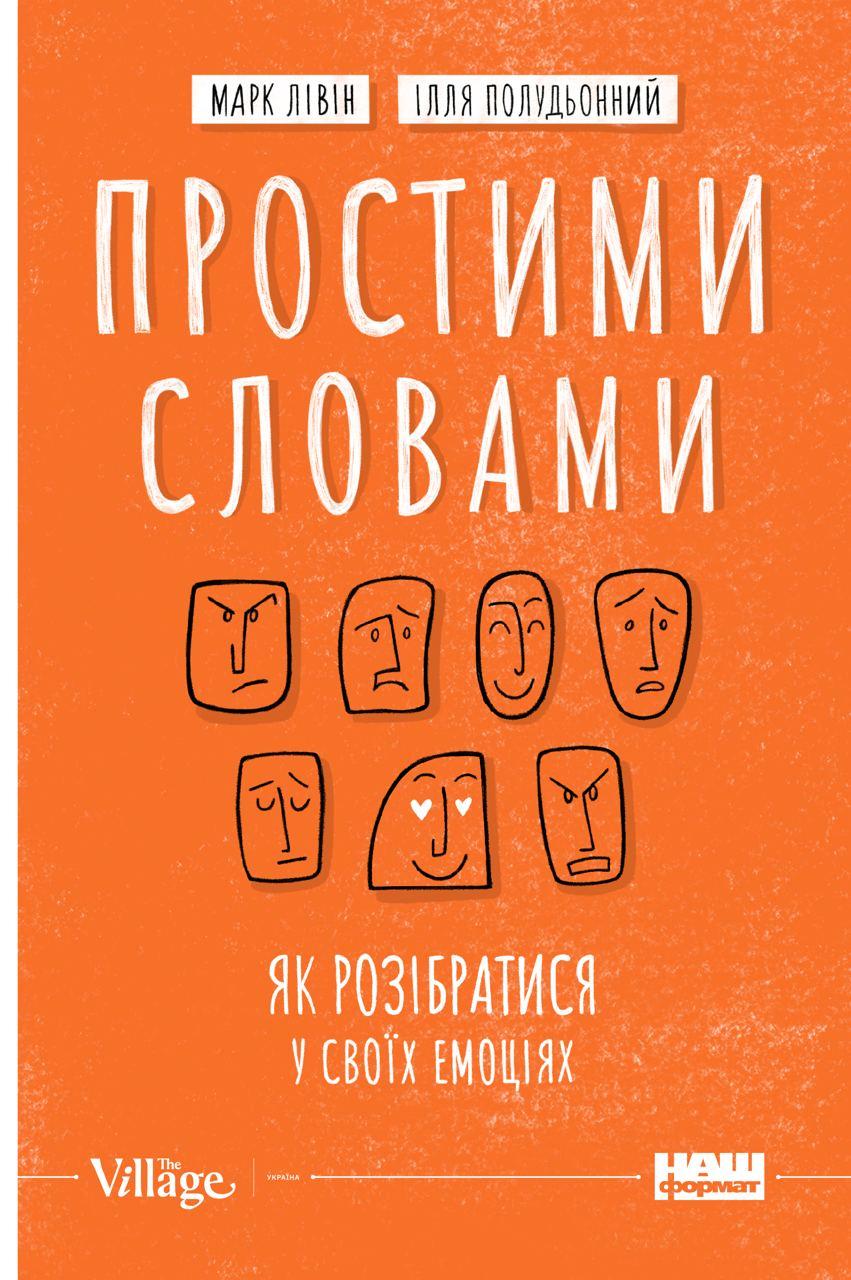Читати книгу - "Genghis Khan and the Making of the Modern World"
Шрифт:
Інтервал:
Добавити в закладку:
With the extermination of the Assassins, Hulegu’s army had an open route to Baghdad, the largest and richest city in the Muslim world. Whereas the Ismailis occupied the terrorist fringe of the Muslim world, the grand metropolis of Baghdad on the Tigris River reigned as its center, the Mother of Cities. Mecca, in the middle of Arabia, remained Islam’s sacred city, but it was too isolated from the centers of population to function as an important political or commercial center. With the founding of Baghdad in 762, a little more than a century after the foundation of Islam, the Arab world found its metropolitan focus under the Abbasid dynasty of caliphs, who ruled as the titular head of the entire Muslim world. The present Abbasid leader ruled as the Caliph, the thirty-seventh successor to the Prophet Muhammad, and therefore in addition to being the most powerful secular ruler in the Muslim world, he had the position as the symbolic leader of all Muslims. He served as virtually a combination emperor and pope.
Baghdad was the city of Scheherazade, the legendary teller of the tales know as the Arabian Nights or the Thousand and One Nights, and for five hundred years the wealth of the Muslim world poured into the city where the Caliphs lavished it on palaces, mosques, schools, private gardens, and public fountains. Baghdad was a city of luxurious baths and overflowing bazaars. In addition to meeting the needs of its Muslim majority, the city served as the religious center for many Christians, who erected churches, and a cultural center for Jews, who built numerous synagogues and schools. The metropolis spilled out along both sides of the Tigris River, which were connected by a bridge, while massive walls protected the heart of the city.
In classic Mongol diplomacy, before mounting an attack on the Caliph, Hulegu sent envoys with a list of legal grievances against him. Hulegu accused the Caliph of not sending an army to assist in the suppression of the Ismaili Assassin sect, even though he had once sworn allegiance to Genghis Khan. In Mongol eyes, the Caliph was as much a rebellious vassal as the Imam, and he possibly faced the same fate. If the Caliph did not immediately atone for his misdeeds by surrendering to Mongol rule, Hulegu threatened to conquer his city and capture him. The Caliph seemed as incapable of understanding the danger of the Mongols as the Imam had been, and scoffed at what he felt were the Mongols’ preposterous demands. He defiantly announced that the entire Muslim world would rise up to defend the independence of the Caliph and that they would not permit an infidel nation to occupy the Arab capital of Baghdad. He swore that Muslims as far away as the Maghreb along the Atlantic coast of Morocco, would rush to kill the Mongol invaders if they continued in their campaign. Neither God nor the Muslim people, he defiantly claimed, would allow Baghdad to fall into the hands of nonbelievers.
In November 1257, unconvinced of the Caliph’s power to speak for either God or the entire Muslim population, Hulegu began to march toward Baghdad. He approached more cautiously than his grandfather would have done, but nevertheless with the same set of proven Mongol strategies and tactics. To supplement his own army, Hulegu summoned the armies of the vassal states of Armenia and Georgia, as well as a variety of Turkic tribes. Thus, while the main army approached in a wide arc from the north and the east, the others approached from the north and west. Although the Tigris and Euphrates Rivers had historically served as natural barriers to foreign attacks on Mesopotamia, the Mongols easily moved back and forth across the rivers with a series of pontoon boats. As the invading armies advanced, they set the local population to flight toward the safety of the fortified city. By the final week of January 1258, the invading armies had encircled the city and occupied the extensive suburbs beyond the city walls, filling the city to its maximum with refugees.
Before commencing the attack, Hulegu sought to exploit political, religious, and ethnic divisions within Baghdad by forging secret ties to the Christians within the city. Because his mother and his two wives were Christians, as well as many of his own men, Hulegu cultivated contacts and nourished respect within the Christian communities across the Middle East, and he had maintained good relations with his Christian vassal kingdoms, Georgia and Armenia. Taking advantage of these connections, Christian envoys secretly slipped back and forth between the city and the Mongol camp, bringing vital reconnaissance to Hulegu and carrying back promises of special treatment to the Christians and other minorities in the city. As a sign of the special favor that the Christians would enjoy under his rule, Hulegu exempted Christian priests from kowtowing at court, since they bowed only to God. Hulegu exploited the fears of the Christians of Baghdad as a small minority in a sea of potentially hostile Muslims. He fed the dreams of Christians and Jews of finally freeing themselves from Muslim domination.
The Caliph also tried to use to his own benefit the close ties of the Mongols and the Christians. He summoned the Catholikos Makikha, the patriarch of the Christian church, and dispatched him and a Muslim minister to negotiate with the Mongols. He offered to make a formal submission, pay enormous tribute, and to read Friday prayers in the mosque in the name of the Great Khan, thereby officially acknowledging his subservience to Mongol rule. Hulegu scoffed at the offer. He knew that he was already too close to victory to settle for such trifles—not
Увага!
Сайт зберігає кукі вашого браузера. Ви зможете в будь-який момент зробити закладку та продовжити читання книги «Genghis Khan and the Making of the Modern World», після закриття браузера.

